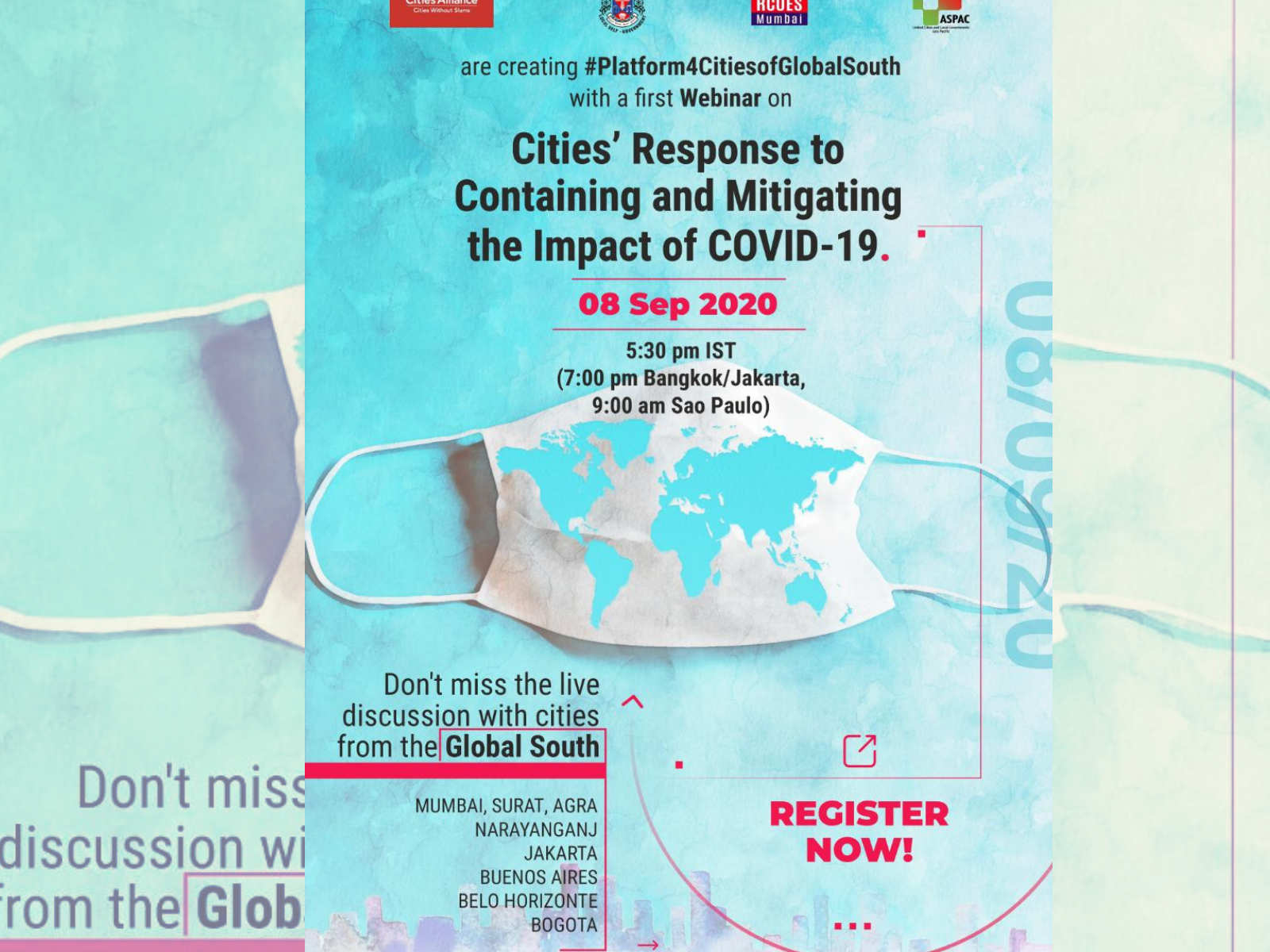Role of local governance in responding to COVID-19 in Asia-Pacific

The impact of the COVID-19 pandemic has been most acutely felt at the local level. That is also where response and recovery efforts have been most critical.
When a disaster strikes, its impacts and effects are most acutely felt at the local level. COVID-19 has been no exception as cities have been at the forefront of combating the pandemic’s spread and impact.
As the leading association of local authorities in the Asia-Pacific region, the United Cities and Local Governments Asia Pacific (UCLG ASPAC) organization has been working closely with its member cities since the onset of the pandemic.
Its main contributions have been in highlighting and sharing among member good practices and emerging lessons of how local authorities have managed the response and recovery phases.
According to UCLG ASPAC, the role of local leaders has been extremely vital in determining how well cities have responded since the start of the outbreak.
Among the examples it cites are Indonesia’s Governor of Central Java, Ganjar Pranowo, who personally took to communicating with the public through social media since the start of the pandemic to provide up-to-date information and ensure prevention measures are promoted and understood. And the Governor of Jakarta, Anies Baswedan, called on the private sector early on to allow employees to work from home so they would not feel pressure to show up to the office.
At the institutional level, local governments also mobilised their resources to shore up support for health services and facilities, and extended assistance to the most vulnerable to stay safe and healthy.
At the same time, many mayors and local governments felt overwhelmed and unsure what steps to take next in order to prevent and hopefully, put a stop to the spread of this new pandemic.
That is why UCLG ASPAC focused much of its initial efforts on collecting, documenting and sharing with their members emerging lessons and good practices from various cities
Among the experiences they highlighted in one publication, titled aptly Covid-19 - What Local Governments Need to Know, was the experience of Guangzhou, the third biggest city in China and one of the most affected Cities after Wuhan.
Guangzhou, followed a strategy of “early protection, early detection, early diagnosis, and early isolation” and implemented it through what is called the “ACT” approach: Administration of control the source of infection; Community health services; and the Trinity network of thousands social workers, health workers and community police officers. Guangzhou’s containment measures are key to how the city has managed to keep a low number of COVID-19 cases.
Another example is Daegu, is the first city in South Korea where COVID-19 cases were found. The Korean government activated a 24/7 emergency response system to screen all travellers from that city. Local governments collaborated with Korean public health authorities and precisely documented the movement of infected people down to the minute. Moreover, local authorities were transparent and shared information readily through websites, text messages, and the media.
Through its work, UCLG has documented how coordination between central and local governments is crucial during an emergency response. Once a national emergency has been declared, it recommends that local taskforces be established to marshal resources for effective action. The structure and functions of the local taskforces should be included in pandemic or outbreak contingency plans. It is recommended that the taskforces be led directly by the mayor or local leader to coordinate command and communication systems.
Local governments also need to consider the socio-economic impacts on response measures, including on small businesses and vulnerable groups. Another key role for local governments during an outbreak is to ensure that information reaches residents. This includes locally- appropriate risk information on measures people can take to keep themselves and family members safe.
UCLG believes that while this pandemic will change the way we live, work and function, it is optimistic that the lessons of this crisis will serve to build the resilience of cities against future disasters and outbreaks.
This story is part of a series that will be published by UNDRR Asia-Pacific highlighting the experiences of stakeholder groups during the COVID-19 pandemic. We thank UCLG ASPAC for submitting this story.
Source: United Nations Office for Disaster Risk Reduction - Regional Office for Asia and Pacifi






